Nia Sioux is ready to forgive — but she’ll never forget.
The Dance Moms alum sat down with Us Weekly ahead of the release of her new memoir, Bottom of the Pyramid: A Memoir of Persevering, Dancing for Myself and Starring in My Own Life (out Tuesday, November 4), in which she reflects on her time on the hit Lifetime reality series.
“I hold a lot of love in my heart,” Sioux, 24, told Us of whether she forgives Abby Lee Miller, the infamous dance teacher at the helm of the show, her castmates and their mothers. “I’m not a hateful person. I try my best not to hold hate for anyone really in my heart. It’s just not healthy. It’s easier to forgive.”
While she admitted, “I don’t know if I forgive everything,” she concluded, “For the most part, I do.”
But that doesn’t mean all is forgotten.
“Just because I’ve forgiven doesn’t mean that I didn’t learn the lesson,” she told Us. “It doesn’t mean that I forget. I know there’s that saying, ‘Forgive and forget,’ but you shouldn’t always forget.”
Dance Moms pulled back the curtain on Abby Lee Dance Company’s Junior Elite Competition Team in Pittsburgh from 2011 to 2019, with Sioux joining the show at just 9 years old. She starred alongside alums including JoJo Siwa, Maddie Ziegler and her friend Chloe Lukasiak.
For years viewers watched Miller, 60, consistently place Sioux at the bottom of her infamous pyramid, a weekly ranking of her dancers. (Miller apologized for her racist behavior in 2020 via Instagram after being fired from Lifetime, though the statement is addressed to later cast members Kamryn and Adriana — notably not Sioux.) Today, the content creator, activist and actor, the only original Black cast member, is telling her story — and reclaiming her power.
“Being at the bottom isn’t the worst thing,” Sioux told Us in her feature, on newsstands now. “If you start at the bottom, the only way you can go is up.”
Keep scrolling to read more of Sioux’s experience surviving child stardom, racism and reality TV’s most villainous teacher:

Us: Why publish this book now?
Sioux: Everything happening in the world, the climate of the world, having representation, having diverse stories is really important. I started writing the book while I was in college … and in a post-2020 world, I feel like a lot of people are more receptive to talking about race and mental health.
One of the most shocking revelations is the racism you experienced on Dance Moms. [Examples include allegations that Miller asked Sioux whether she wished she had “white-girl hair” and referring to the shape of the pigeon pose as “a swastika.” Us reached out to Miller and she did not comment.] Did you understand what was happening at the time?
When you’re so young especially as a Black girl … you already have an idea of what racism is and how things work in the world. So even at 9, you realize when things feel a little weird, but you don’t necessarily understand why. Throughout the seasons, the racism I experienced on and off camera definitely took a toll on me, but it’s also a huge part of my story. I feel like a lot of Black girls have experienced similar things.
If they have ever felt like people have pigeonholed them or that they’re not good enough, or people saying that they don’t belong or that they’re the odd one out, I think a lot of people can relate to my story, and that’s why it’s so important that I share because hopefully it can resonate with a lot of people.
Were these instances ever explicitly talked about with the moms and girls behind the scenes? Or was it more under the radar?
Definitely under the radar. I honestly don’t even think some of the people would have thought that some of the things that were said were racist. I can’t really speak to whether or not they knew, but I like to think that maybe they didn’t. Honestly, the only thing I hope for is that people do better now.
How did your experience impact your self-worth?
I think a huge part of the reason I am the way I am today — my confidence, self-worth, the head on my shoulders — is my family, specifically my mom [Holly Frazier]. Anytime someone would talk to me sideways, she would make sure at the end of the day, I knew who I was and that other people didn’t get to dictate what I thought about myself. Having her be a leader, a role model, really helped.

Looking back, do you and your mom have any regrets about being part of the show? [Sioux’s solo roles included “jungle girl” and “Satan’s Li’l Lamb,” and Sioux writes that she and her mom were constant victims of microaggression.]
I don’t have any regrets, and I know she doesn’t either. People always ask my mom why she let me continue. My mom genuinely would do anything for me. And I’m really excited that people will get to see that journey throughout the book of why I stayed. I can wholeheartedly say, for me, it was worth it to finish what I started.
You open the book with, “From my earliest memory, I was always frightened of Abby Lee Miller.” Is that fear still present?
I’m not scared of her anymore. I genuinely just don’t want anything to do with her. I’m not ashamed of my past, but I don’t need her in my life anymore. I’m at a place where I’m really comfortable and I’m happy. As a kid, you’re scared of a lot of things, and as you grow up, you learn to not be as scared of them.
To be fair, I think a lot of adults would have been scared too.
Honestly, there were a lot of adults that were scared too. But I’m not scared of her anymore. That’s the reason why I was able to write this book, because I’m not scared of her anymore.
For the longest time, I think I was, to a certain extent, scared of her, scared of what other castmates would say or react, but I got to the point where I realized I don’t care. I get to tell my story. I deserve to tell my story.
You hold a lot of forgiveness for the other girls on the show.
I do, because at the end of the day, we were kids. I don’t blame the girls for anything. I really do blame the adults in the situation because they could have made it better.

It must’ve been a hard decision to not participate in the 2024 show reunion.
I talked to Chloe, I talked to Brooke and Paige [Hyland], and they were all super supportive of my decision. I told them I’m very excited for them because this is an opportunity for them to have that closure, but for me, I felt like it wasn’t the right move for me. I knew that I wouldn’t be able to really say what I wanted to say there, and if I said what I wanted to say, I don’t even know if it would make the cut. I have no control over that. It’s about trust. And I don’t know if I fully trusted going back to that environment.
How did it feel to reclaim dance for yourself post-Dance Moms?
Dance has been such an up and down journey. It’s been an emotional rollercoaster. But right now, dance for me has been very therapeutic, and it has been very special to me. I don’t dance as much right now because life gets in the way, but all throughout college, I was part of a dance club, and being able to go back into the dance studio and express myself in that way and have those moments of joy again with dance was really comforting and very special.
If you could talk to little Nia today and tell her a message before she started this whole journey, what would you say?
There’s so much I would say to her. I think I would just tell her that things get better, always, and to star in your own life. That’s something my mom used to say to me, even as a child, and I think hearing that from adult Nia would empower her a lot to star in her own life because things get hard and you have to remember to put yourself first.
Tell Us about the title of the book.
It feels very powerful. It’s definitely taking back that title, that narrative, and creating my own and sharing my actual story. It’s a power move. It’s reclaiming that title and making it into a positive. Being at the bottom isn’t the worst thing. If you start at the bottom, the only way you can go is up. This is me. This is who I am. This is what I’ve been through. But it doesn’t define the rest of my life.

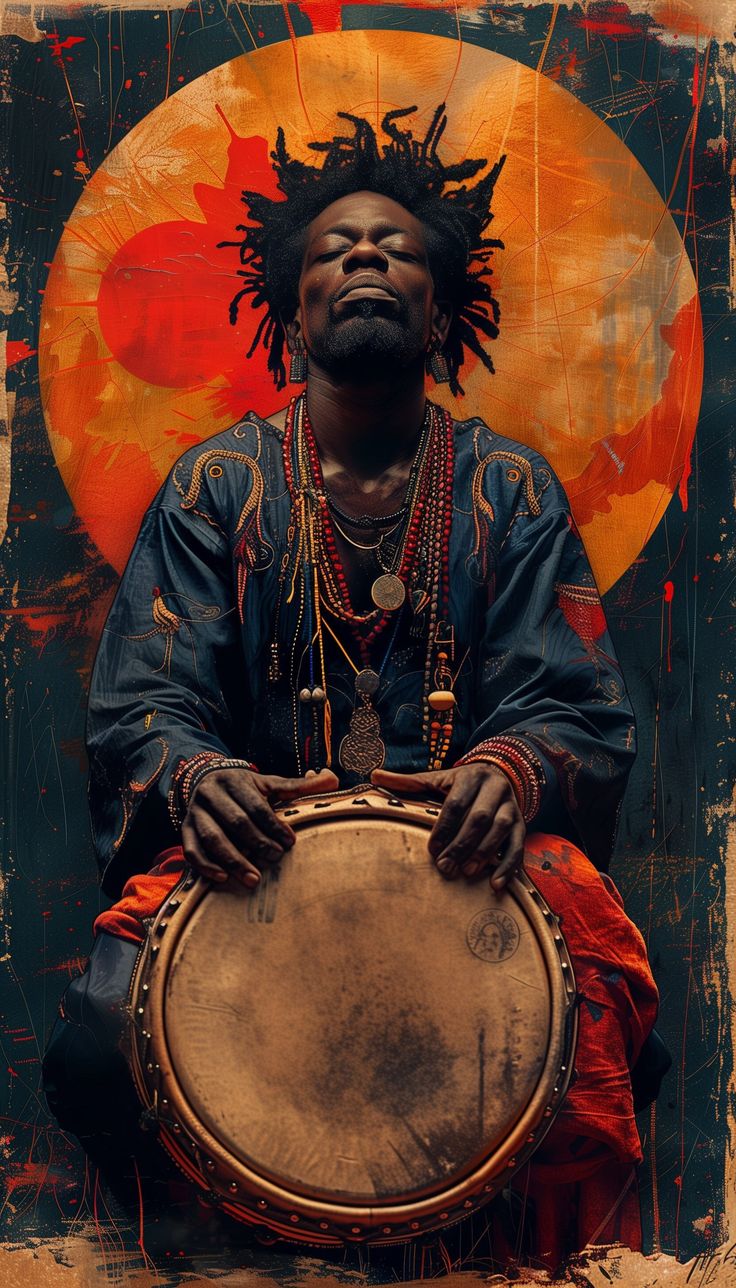 9 hours ago
1
9 hours ago
1



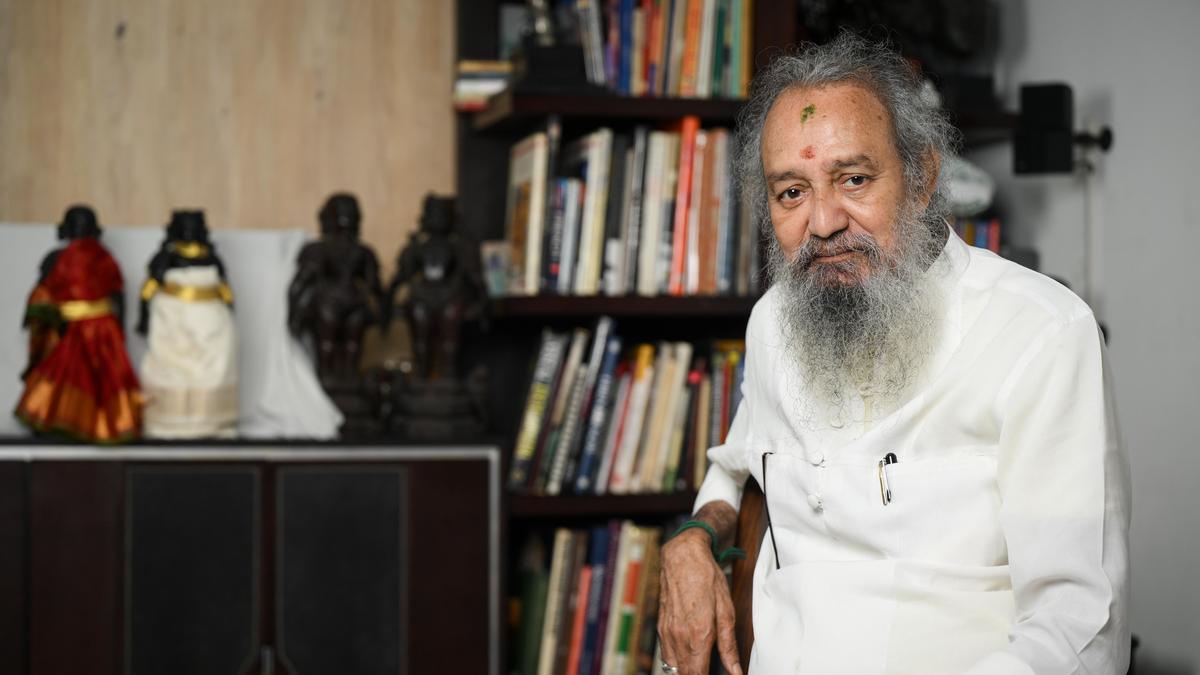
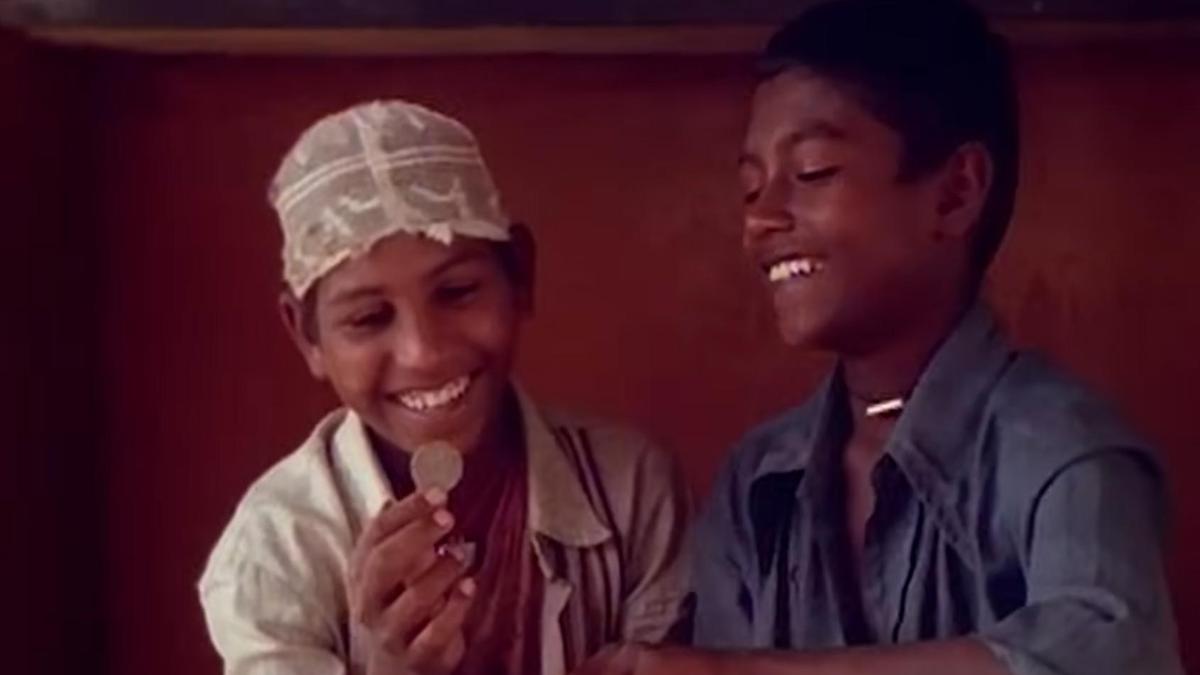










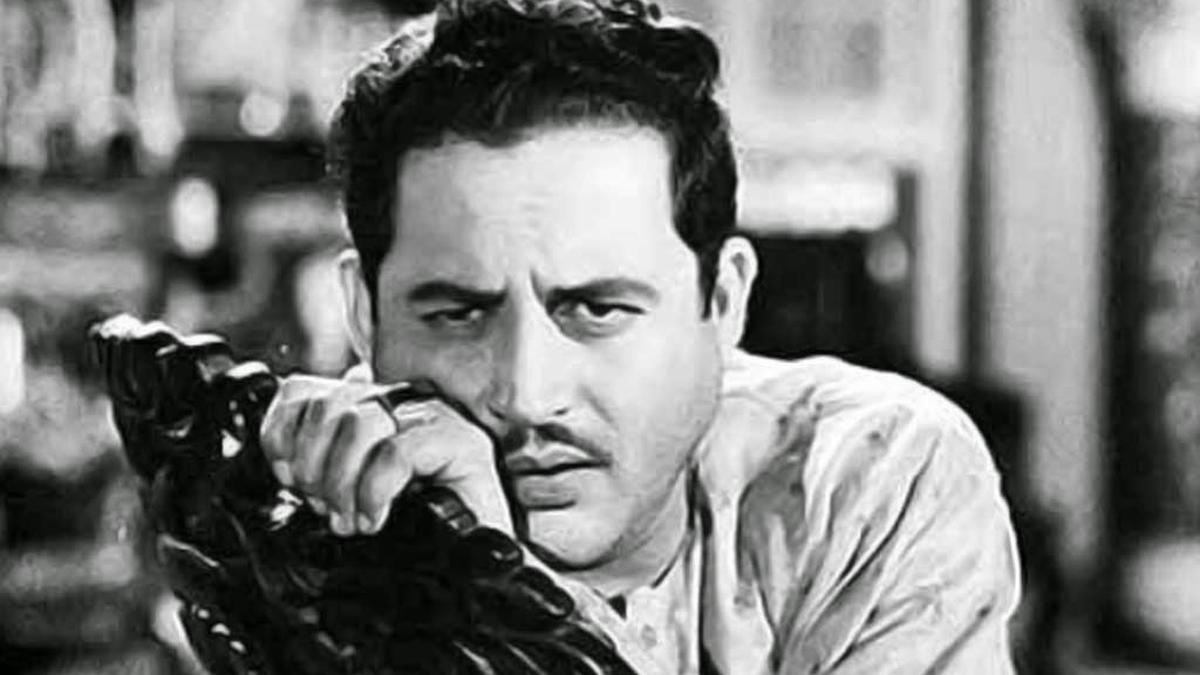








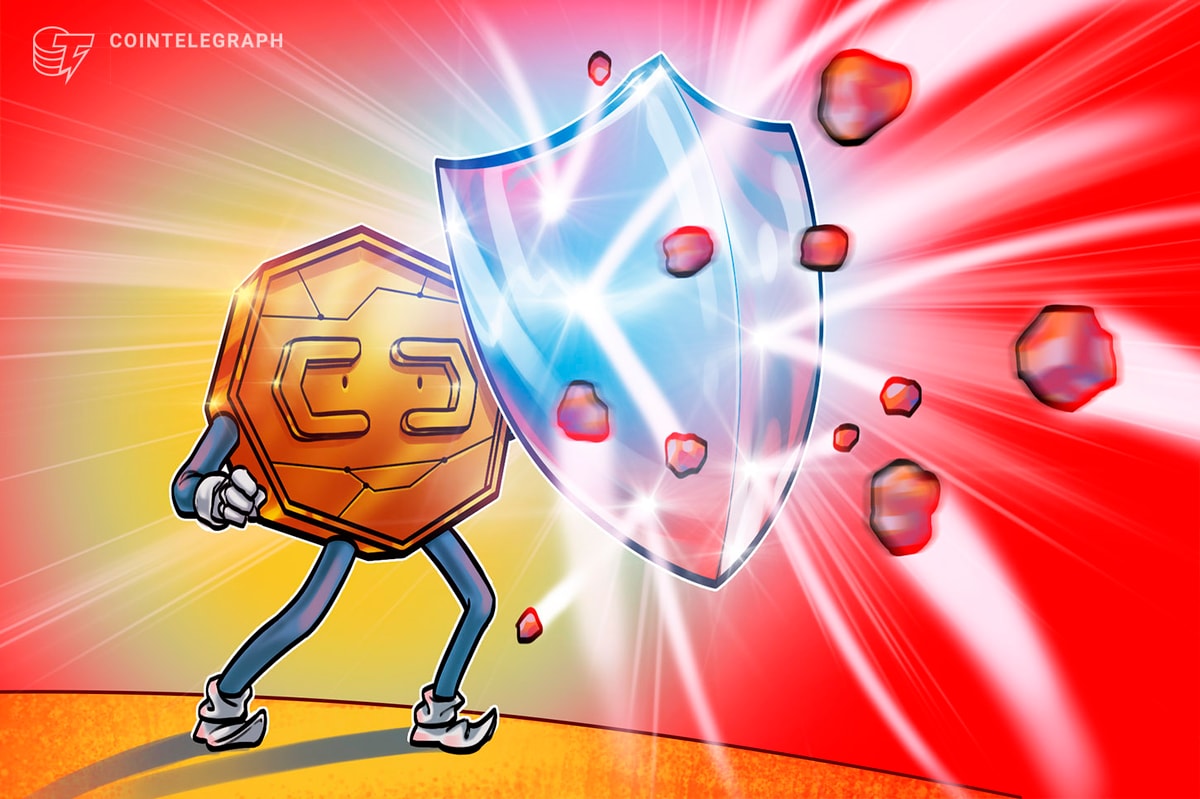
 English (US) ·
English (US) ·